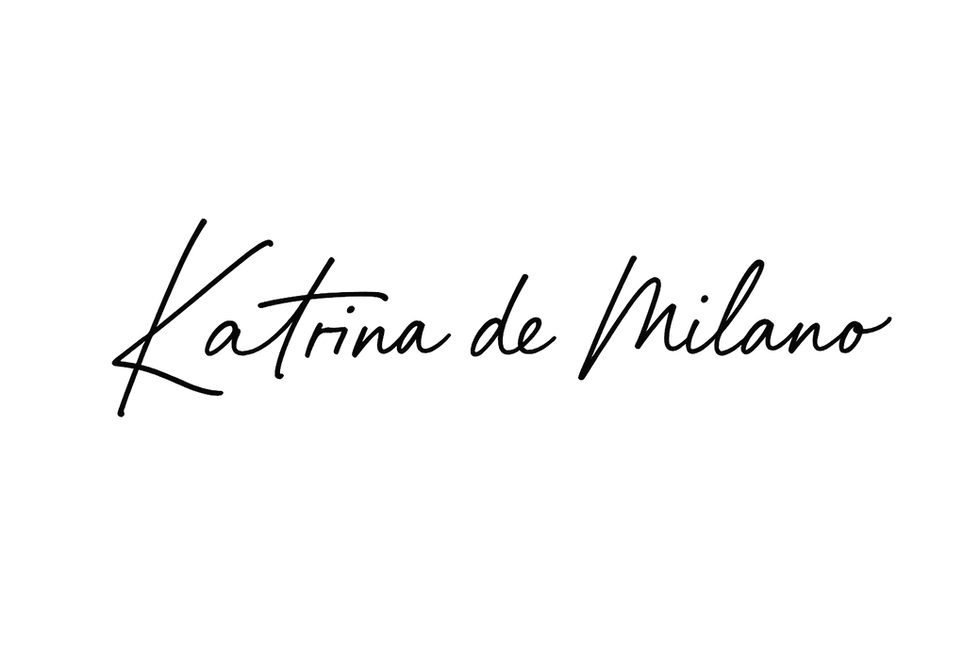🎯 How to Choose Your Genre and Target Audience
- Katrina De Milano

- 24 мая 2025 г.
- 2 мин. чтения
Why Your Novel Needs a Clear Identity From the Start
So you’ve got an idea for a novel — maybe even a spark of a scene or a main character whispering in your ear. But before you dive into worldbuilding or chapter one, there’s one crucial question to answer:
👉 Who are you writing for — and what kind of story is this?
Picking your genre and target audience early on gives your novel structure, focus, and direction. It’s not just about marketing — it’s about storytelling that lands.
Let’s break down how to choose your genre in a way that supports your story from page one.
📚 Why Genre Matters
Your genre is your book’s identity. It tells the reader what kind of journey to expect.
Ask yourself:
Is your story driven by action, emotion, suspense, or magic?
Do you want readers to cry, laugh, fall in love, or feel terrified?
Does your story follow familiar tropes — or break them?
Common genres for first-time authors include:
Romance
Young Adult (YA)
Fantasy / Sci-Fi
Mystery / Thriller
Literary Fiction
Historical Fiction
🧠 Choosing your genre isn’t limiting — it’s clarifying. It helps shape your tone, pacing, themes, and characters.
👥 Know Your Reader: Define Your Target Audience
Your target audience = your ideal reader. Not everyone. Not “whoever wants to read it.” A specific group.
Ask:
How old are they?
What kind of books do they already love?
What topics or emotions are they drawn to?
Are they reading for comfort, escape, challenge, or growth?
🎯 Example:
If you’re writing a YA fantasy romance about a girl with forbidden powers, your audience is likely 14–25-year-old readers who enjoy stories like Throne of Glass, Shadow and Bone, or A Court of Thorns and Roses.
🧭 Genre + Audience = Clear Direction
When you know both your genre and your audience, you can:
Choose the right voice (casual, poetic, edgy, etc.)
Set the right stakes (life-or-death? emotional growth?)
Develop themes that resonate (grief, love, identity, rebellion)
Avoid common pitfalls or mismatched tones
This is especially helpful when outlining or pitching your book to agents or publishers later.
✨ You Can Still Be Original
Choosing a genre doesn’t mean writing a formula. It means understanding the framework — so you can be creative within it.
Subvert expectations
Blend genres (romantic thriller? sci-fi mystery?)
Write something familiar with a fresh twist
💡 Readers want to know what kind of experience they’re signing up for — and your job is to deliver it in a way only you can.
✅ Takeaway: How to Choose Your Genre with Intention and Clarity
Before you write page one, take time to define:
What genre am I writing in?
Who am I writing this for?
What do they expect — and how can I surprise them?
Answering these questions won’t just help you write better.
It will help you write with purpose.
💬 Your Turn
What genre are you writing in — and who’s your ideal reader?
Share in the comments or message me directly. Let’s define your story’s place in the world.







Комментарии